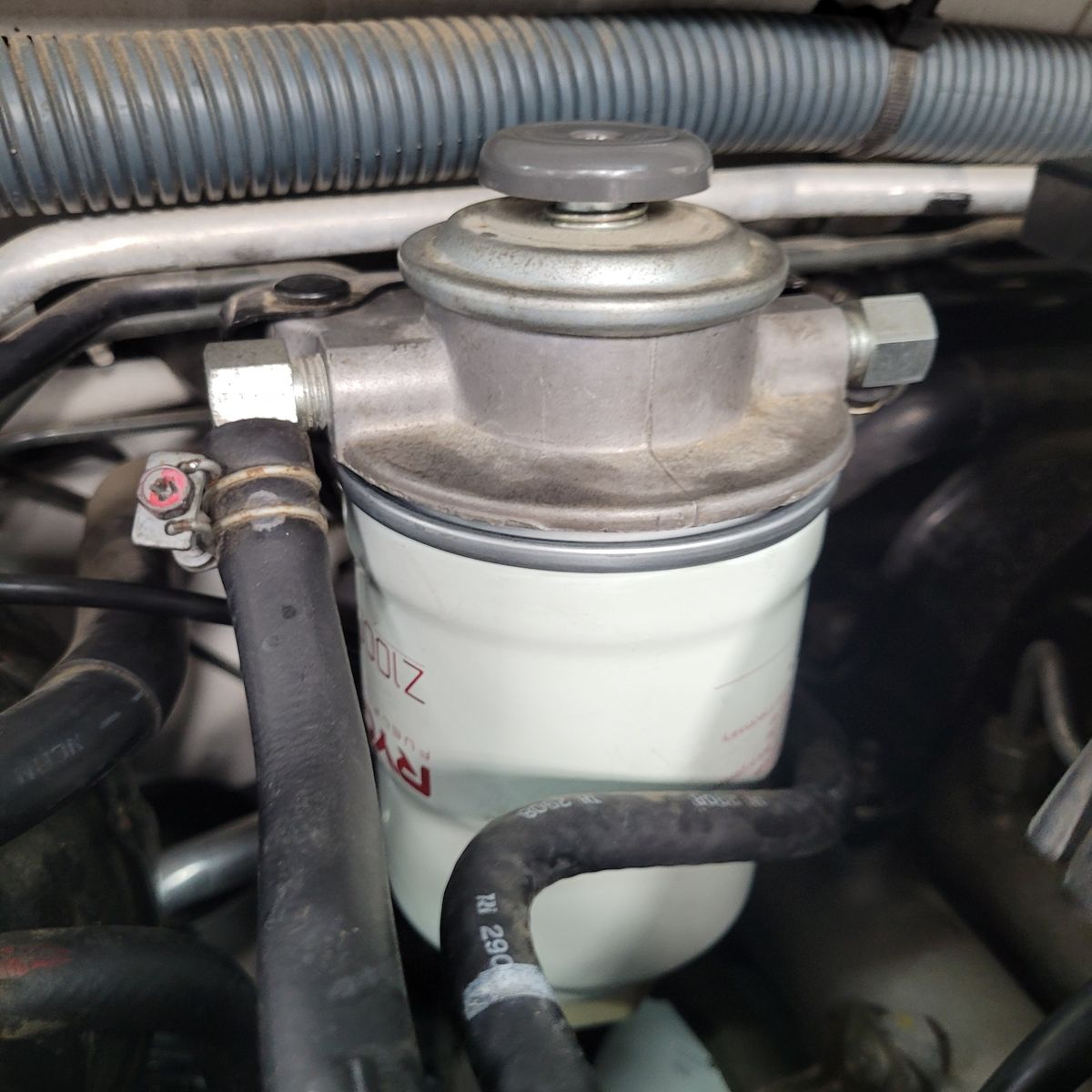1. Hard to Start — Especially Cold Mornings in Hamilton
Bit of a classic, this one. Cold winter starts in Hamilton — or if you’re out in Cambridge early or getting the kids to school in Te Awamutu — can really test your diesel. If your Toyota Hiace, SsangYong Actyon, or even something like a Peugeot 308 diesel is slow to fire up, often it’s the glow plugs or a flat battery. Seen it heaps in stop-start traffic along Ulster Street or when someone’s parked up all weekend in Rototuna.
What to check:
-
Glow plugs (these little heaters help get things going, especially on chilly Waikato mornings). Replace if worn out.
-
Battery — lots of short trips, especially round town, can drain it real quick. If it won’t hold charge, get a new one.
-
Battery terminals — watch for corrosion or loose connections, especially if the car lives outdoors.
If you want more about looking after your battery, here’s a handy battery care guide.
2. Black Smoke When You Put Your Foot Down
Seen a bit of this on Avalon Drive at the lights or crawling behind a Triton out Pukete way. Black smoke from your exhaust usually means your diesel’s not burning clean — more fuel than air or a bung injector. Renault Koleos, Mazda BT-50s, even an Isuzu MU-X from Morrinsville — no one’s immune.
Quick fixes:
-
Swap out dirty air filters. Hamilton roads aren’t always clean and dry, especially after a storm.
-
Get those fuel injectors cleaned or replaced if they’re clogged or leaking.
-
Good idea to have your engine tuned now and then, keeps it running sweet.
Want to cut back on smoke and save a bit at the pump? Check out these tips.
3. Feels Like You’ve Lost Power — Can’t Overtake on the Expressway
You’re heading down State Highway 1, try to overtake near Tamahere, and your VW Amarok, Hyundai Santa Fe, or even a Honda CR-V diesel can barely get up and go. Common story — especially after hitting a random pothole outside Chartwell or running through all those speed bumps in Hillcrest.
What we look for in the workshop:
-
Turbocharger — any whistling, oil leaks, or limp mode, get it checked. Read about turbo maintenance if you’re curious.
-
Fuel lines and filters. A dirty filter or small leak can zap your acceleration.
-
Blocked air intake pipes — easy to get clogged after dusty trips or if a critter’s nested in there.
Feel like your engine’s gutless or fuel bills are creeping up? Here’s some handy info.
4. Overheating — Stuck in Hamilton Traffic, Gauge Creeps Up
Hot day on Victoria Street, radiator fan’s on, but the temp gauge just keeps climbing — not fun. Overheating’s not just an Auckland issue, especially in summer or when crawling through the Fairfield bridge in traffic. Seen it loads in everything from a diesel Civic to a Kia Sorento.
What you can do:
-
Regularly check coolant level — top up if low, but don’t open hot!
-
Flush radiator and renew coolant every couple of years, keeps the system clean.
-
Check for leaks around hoses and under the water pump. Even a slow drip means trouble down the track.
-
If your heater blows cold on a hot day (weird, but common), get it checked pronto.
Here’s a deeper dive on cooling system care.
5. Weird Noises — Rattling, Knocking, or Just Plain Odd
Had a Nissan Qashqai from Ngaruawahia in last week with a nasty whine, and a customer’s Subaru Levorg making a clunk at every corner. If you hear rattles, knocks, or strange ticking from under the bonnet, there’s likely something up with your timing belt or engine mounts.
What we see most often:
-
Timing belt — if it’s overdue, get it swapped! Noisy or rough, don’t muck around. Read about belt swaps here.
-
Engine mounts — watch for excessive vibration at the lights on Peachgrove Rd.
-
Loose or worn brackets and pulleys — they add up over time, especially after a few adventures up Mount Pirongia.
Want to spot bigger engine problems before they get expensive? Here’s a good read.
Good as Gold — Keeping Your Diesel Going Strong
Bit of basic care makes a massive difference with diesels, especially with the way we drive around the Waikato — lots of short trips, speed bumps, big temperature swings. If you sort out these common issues early, you’ll avoid costly repairs and keep your ride safe and reliable whether you’re commuting in Hamilton or heading out to Raglan for the weekend.
Why Bring it to Grimmer Motors?
-
Real-World Know-How: Our team’s looked after every make and model you’ll find on NZ roads.
-
All-In-One Repairs: We handle everything — diesel, petrol, hybrids, WOFs, the lot.
-
Friendly Service: We look after everyone — whether you’re just after a quick check, a full service, or want some straight-up advice.
For expert help, or to book your diesel in for a check, hit the button below.

